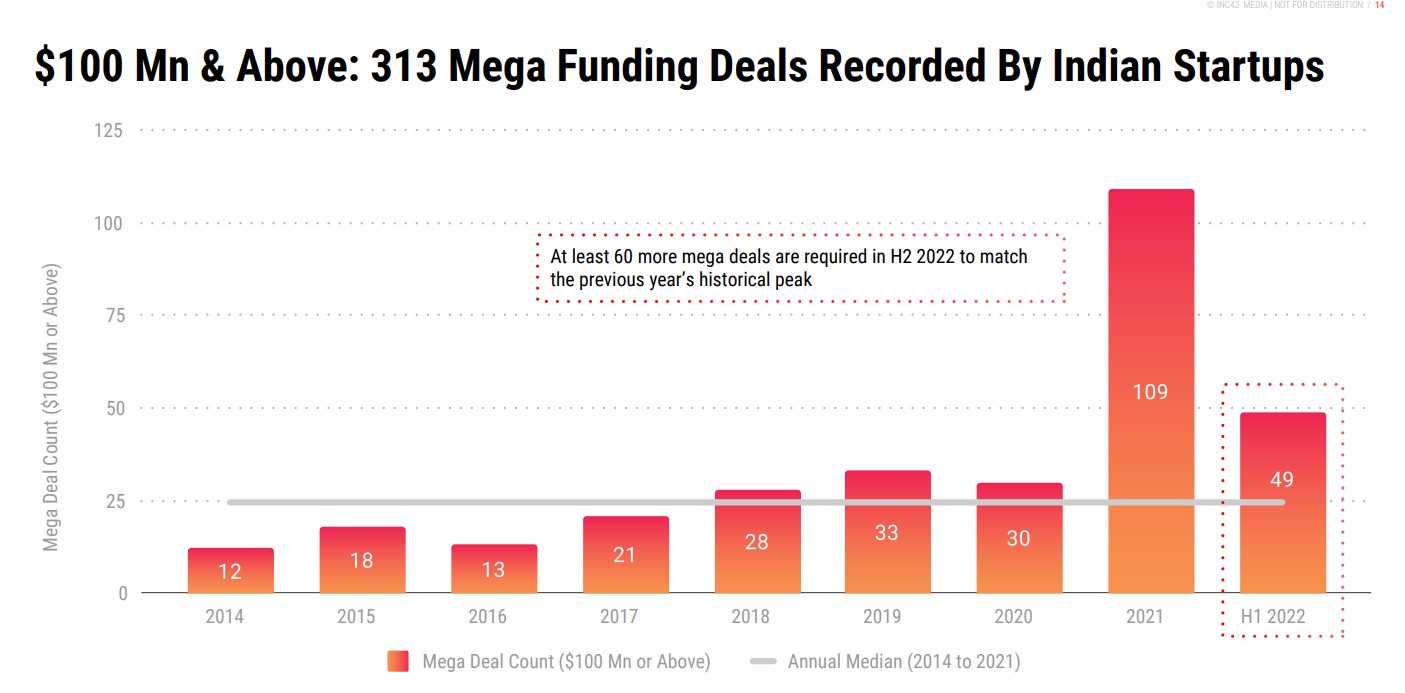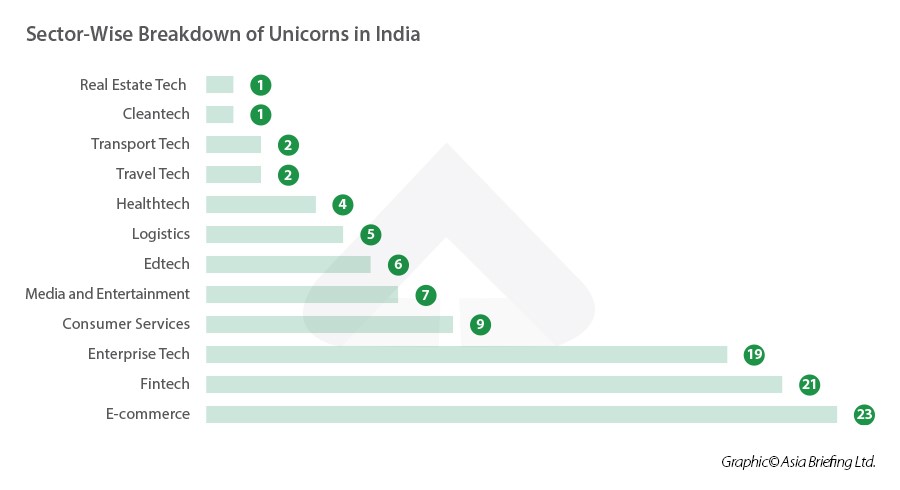Startups have become the backbone of modern economies. Recently, Union Minister Anurag Thakur apprised the nation that India has 90,000 startups, putting India at third place in global startup ecosystem.
Factors of change
The increasing graph is a testament of turnaround in the business environment in India, especially the digitalisation aspect of it. For the last 8 years, the Modi government has laid special emphasis on job creation. For this purpose, it is always essential to have a burgeoning business sector with new and innovative solutions to daily life problems.
Indians always had ideas. The problem has always been the need for a vibrant ecosystem. The environment was stabilised with initiatives like Startup India, Startup India seed funding initiative, Venture Capital Assistance scheme, Startup leadership programme and ATAL innovation Mission among others. Apart from that, laws like IBC also play their part by making it easier to get rid of a company in case of failure.
Also read: Startups are changing the landscape of employment generation in India
Encouraging trends
The results have been staggering. In 2016, India only had 452 startups. The current number (90,000) is 19812 per cent more than the previous number. The growth story is not devoid of substance. India’s Unicorn figure has touched 107 and like total startups, we rank number 3 in the world in that field. Between FY2017 and FY2022, CAGR of new unicorn count was 71 per cent, more than that of China.
It became possible mainly because the world showed interest in India’s growth story. It is well-documented in fundings raised by these startups. Between 2014 and 2021, the funding rose by CAGR of 49 per cent. The total funding availed till date is in close proximity of $150 billion. The number contains more than 300 mega funding deals ($100 million and above). By the end of 2023, the total raised amount is expected to clock over $180 billion.

Also read: Recent Economic Survey map shows how Indian startups are booming
Drawbacks and need for change
These numbers are encouraging. Given India’s growth trajectory and demographic dividend, it is certain to rise. However, the growth story does not lag shortcomings.
The biggest problem with startup culture is its segregation in specific sectors and specific cities. E-commerce, fintech and enterprise-tech are some of the most dominant sectors. In fact, in FY21, just the top 5 sectors accounted for 50 per cent of new Indian startups. Inequality is higher in case of unicorns. 63 per cent of Unicorns are working only in the aforementioned 3 sectors.
Then there is the problem of too much concentration in a few regions. According to The State of Indian Startup Ecosystem Report, 2022, only six states have more than 1000 startups. Even an entrepreneurial state like Gujarat has less than 300 startups.

The sooner these shortcomings are removed, the better it will be for the Indian startup ecosystem. Minimum government, maximum governance should also mean inclusive growth.
Support TFI:
Support us to strengthen the ‘Right’ ideology of cultural nationalism by purchasing the best quality garments from TFI-STORE.COM



























